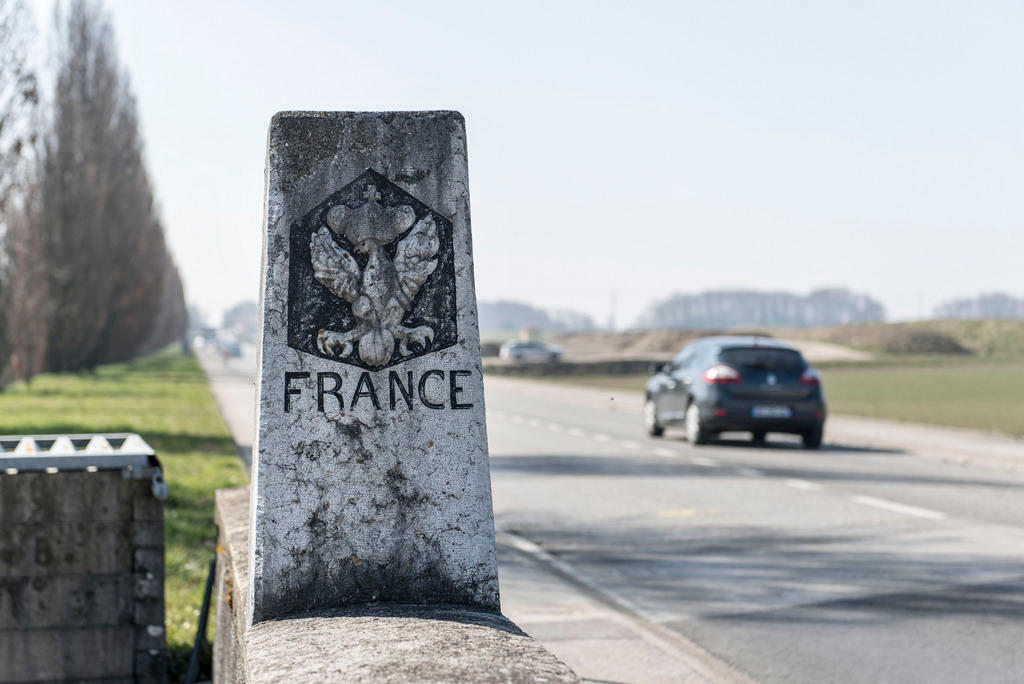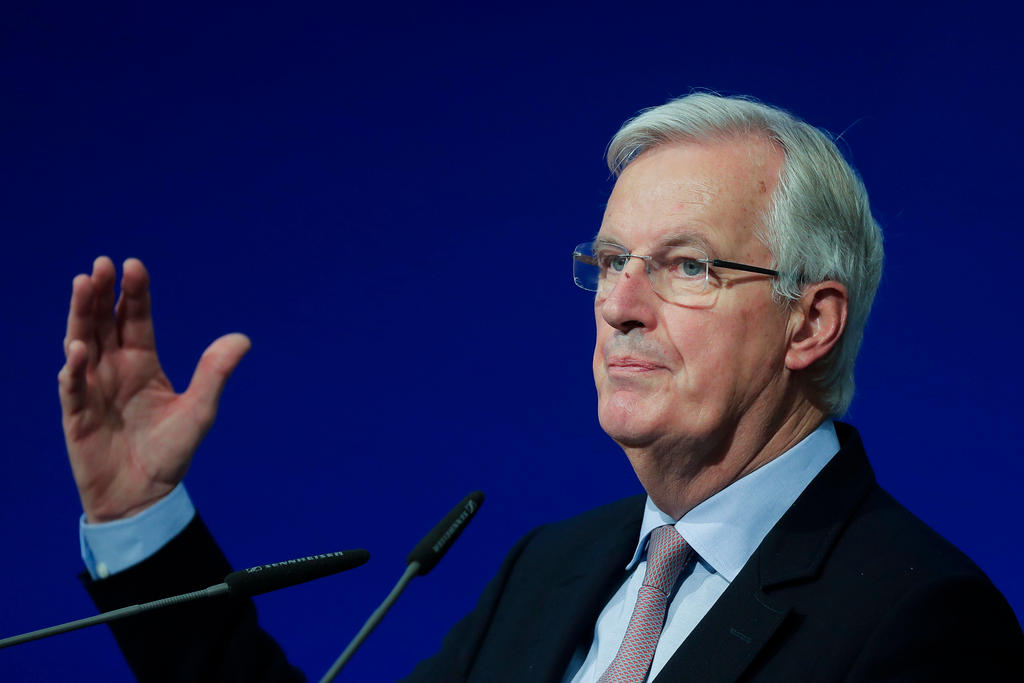Watch the Swiss border for a warning on trade

When you land at Geneva Airport with the intention of driving onwards, you have a choice. You can pass through Swiss immigration and head straight for the car hire desks.
Alternatively, you can go up an escalator, along a corridor and cross into the French sector where the same multinational car hire companies will offer you a different deal.
Swiss regulations insist that hire cars have winter tyres fitted between the autumn and spring and they will also have a “vignette”, paying the annual CHF40 ($40) road tax allowing the car to drive on Switzerland’s motorways. Cars hired from the French side have neither and often differ in specifications, but are generally much cheaper. From the same rental company, it is currently possible to hire a family car for the February half-term holiday for roughly half the price if you are willing to pick it up and return it to the French sector of the airport.
Even though car hire is a competitive business with essentially the same product on offer, the national border separates markets and allows price variations far in excess of the product quality differences on offer. It is bad news for Switzerland, where consumers have to pay more even though the regulatory differences are minimal.

More
Have you tried to take a Swiss hire car to France?
If you choose to save the money, accept you cannot drive on Swiss motorways without a further charge, you will soon notice other ways in which borders matter. As you come to the end of the airport approach road and hang a right, aiming to drive through Geneva city centre and then back into France, you are immediately stopped by heavy border infrastructure.
Schengen
Three beige buildings with French and Swiss customs confront you, along with offices for both tax authorities. Europeans, accustomed to crossing other internal land borders within the EU, find this quite odd. Switzerland is part of the EU’s Schengen area, so there are no passport checks required for entry. For food and almost all tradeable industrial and agricultural goods, Switzerland’s regulations are also fully aligned with those of the EU. Both sides accept the others’ regulations. In reality, the Swiss copy and paste Brussels regulations into their domestic laws, allowing the landlocked state effectively to be a member of the EU single market for goods.
Border infrastructure and customs declarations are necessary, however, because Switzerland is not part of the EU’s customs union or value added tax regime, which are separate from the single market. This difference requires both sides to build and staff a hard border with sometimes significant delays.
The French worry that someone might, for example, buy a frighteningly expensive Swiss watch, receive a Swiss tax refund since the watch is for export, and then not declare it for French VAT. The Swiss rigorously check that people have not spent more than €300 each on goods from France, depriving its exchequer of sales taxes.
For trading companies, each load requires a customs declaration, multiple forms and stamps by the tax authorities to ensure that the formalities are closed on each side before goods cross the tax border. Within the EU none of this applies because complete regulatory alignment is married to an EU VAT regime, all within the customs union. The EU VAT system has its problems, but ensures that goods can flow across borders with no border formalities.
The Swiss-French border is efficient. There are no applicable tariffs. Regulations for goods are fully aligned. There is a common travel area between the two countries without the need for passport checks. But the border requires hard infrastructure because Switzerland is not in the EU VAT regime nor its customs union. Border frictions have separated markets either side of the border to the detriment of consumers.
Regulatory alignment would remove only some of Brexit’s border barriers in Ireland. The UK and Ireland should take note.
chris.giles@ft.com
© 2017 The Financial Times Ltd. Originally published at : FT.comExternal link

In compliance with the JTI standards
More: SWI swissinfo.ch certified by the Journalism Trust Initiative












You can find an overview of ongoing debates with our journalists here . Please join us!
If you want to start a conversation about a topic raised in this article or want to report factual errors, email us at english@swissinfo.ch.